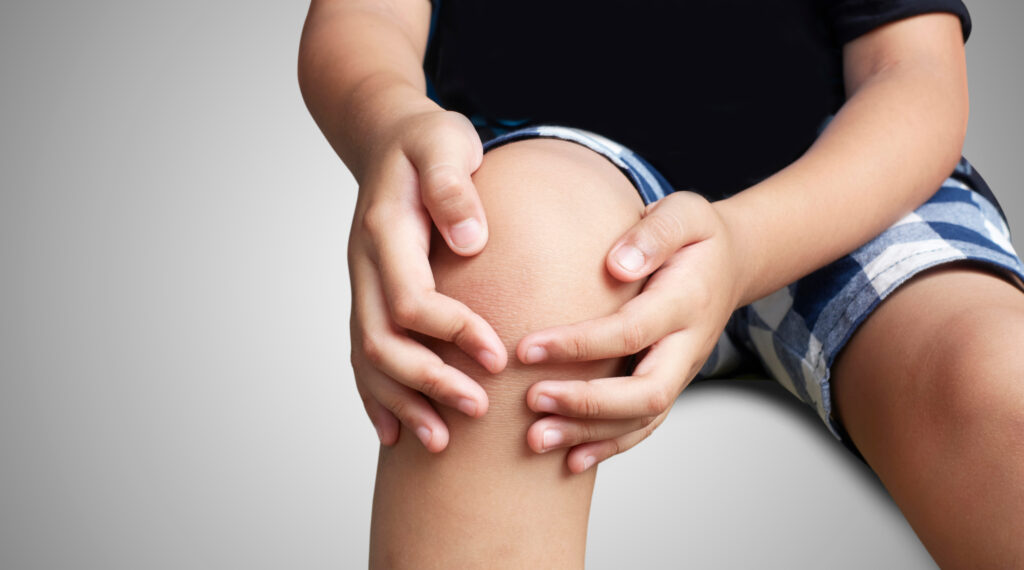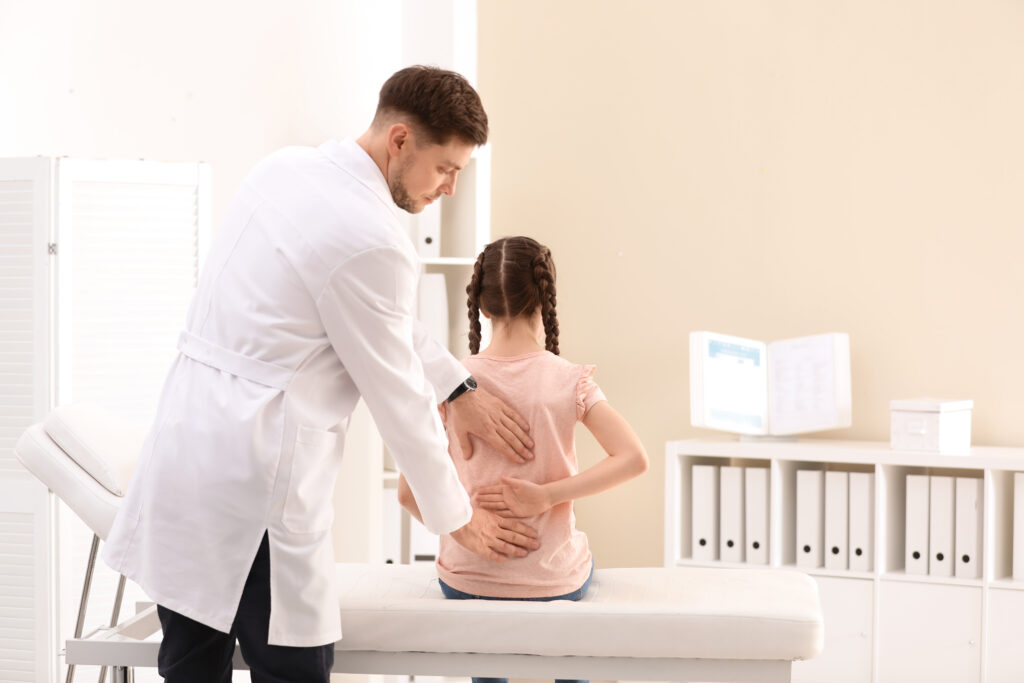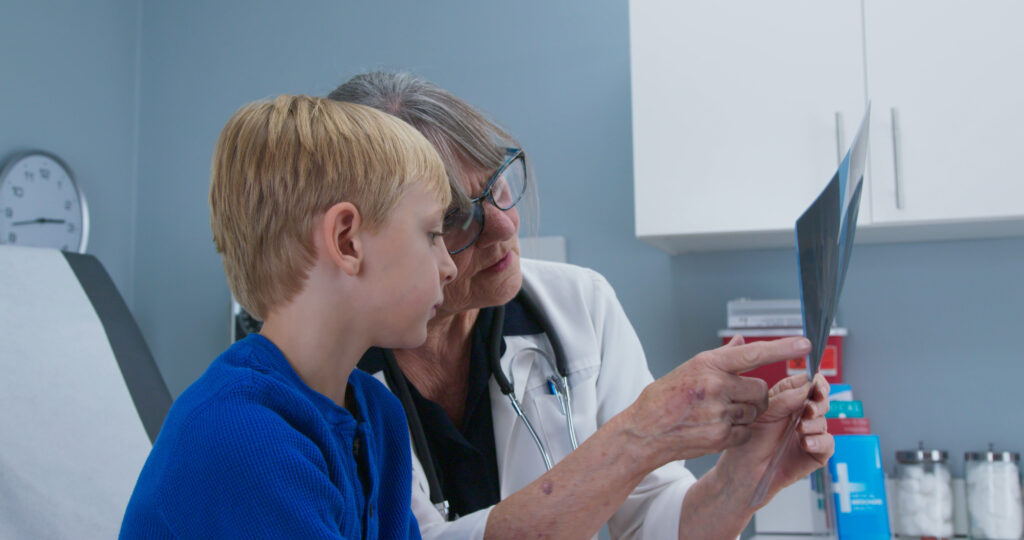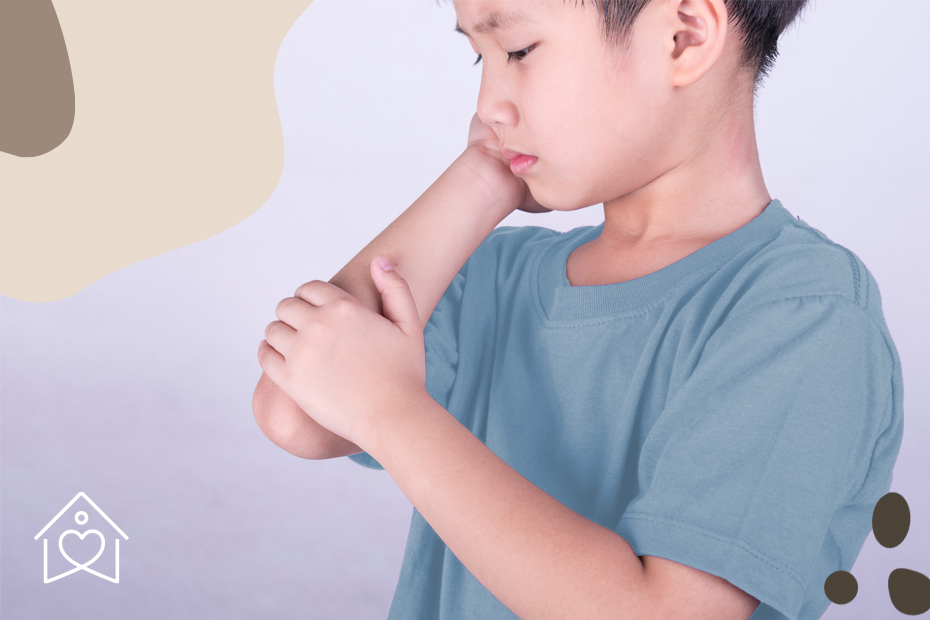Juvenile arthritis symptoms can appear over time, often not all at once. So, what should you look for? What are the early warning signs of juvenile arthritis? Keep reading to learn more from The Unforgotten Families.
First, let’s start with what juvenile arthritis is and who it impacts. To put it plainly, childhood arthritis is arthritis for adolescence and impacts the younger generation.
So, what is arthritis?
According to the Arthritis Foundation, “Arthritis isn’t a single disease; the term refers to joint pain or joint disease, and there are more than 100 types of arthritis and related conditions. People of all ages, races and sexes live with arthritis, and it is the leading cause of disability in the U.S. It’s most common among women, and although it’s not a disease of aging, some types of arthritis occur in older people more than younger people.”
A more common type of arthritis includes rheumatoid arthritis or RA. This form of arthritis is an autoimmune and inflammatory disease. While RA mainly damages an individual’s joints, this disease can also damage organ tissues within the heart, lung and eyes.
The most common form of childhood arthritis is juvenile idiopathic arthritis (JIA). JIA is also known as juvenile rheumatoid arthritis.Symptoms of JIA include fever, stiffness throughout the body, rashes, joint pain, fatigue, and swelling. It’s essential to note that these symptoms may not all present themselves simultaneously, making it important to document changes in your loved one’s overall well-being and how they feel.


Research has also shown no known cause of JIA; however, JIA begins to present itself in an individual’s body when the immune system becomes overactive. This disease can also be genetic, including hereditary factors.
So, how does your family work to get our loved one diagnosed?
“Childhood arthritis is diagnosed through a physical examination and review of symptoms, X-rays, and lab tests. A doctor should make this diagnosis, particularly a rheumatologist who specializes in arthritis and other related conditions in children. These doctors are called pediatric rheumatologists.” – CDC

And according to the Mayo Clinic, “…juvenile idiopathic arthritis can be difficult because joint pain can be caused by many different types of problems. No single test can confirm a diagnosis, but tests can help rule out some other conditions that produce similar signs and symptoms.”
It is always advised to discuss this with your family’s primary care physician (PCP) as early as possible.
Whether your child has recently been diagnosed or may be experiencing juvenile arthritis symptoms, The Unforgotten Families want you to know that you’re not alone and you’re fully supported. However, we can be that community for you and your loved ones; we will be.
Together, we can create awareness, build community, and come together to support our loved ones living with JIA.
View additional resource links below.
National Institute of Arthritis and Musculoskeletal and Skin Diseases JIA Resource Page
